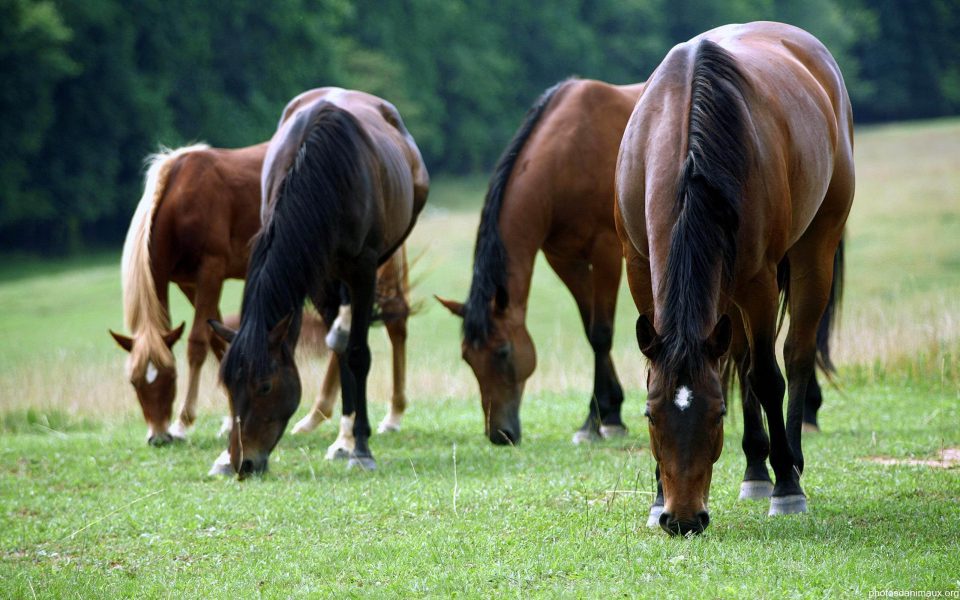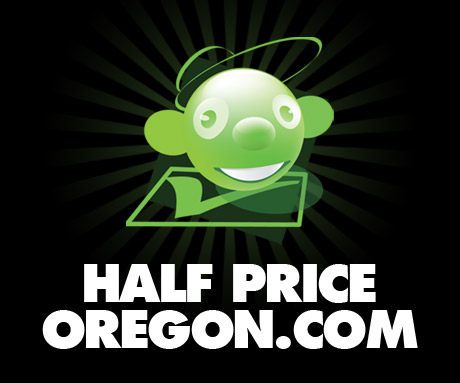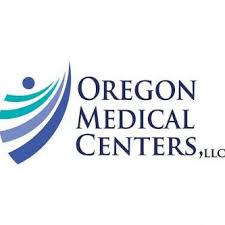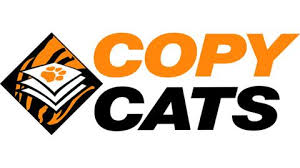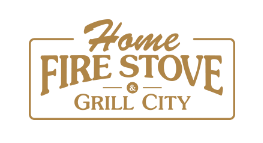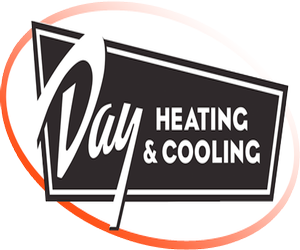WASHINGTON — As part of the Bureau of Land Management’s effort to find good homes for wild horses and burros removed from public lands, the agency today began offering new financial incentives to encourage qualified people to adopt one or more of the animals. The program is part of the BLM’s efforts to confront a growing over-population of wild horses and burros on fragile rangelands and in off-range holding facilities, which cost taxpayers nearly $50 million every year to maintain.
As of March 1, 2018, the wild horse and burro population on public lands was estimated at approximately 81,950 animals, which is now more than triple the size the land can support along with other legally mandated uses. High costs and a growing number of unadopted and unsold animals in BLM holding facilities have hindered the agency’s ability to reduce over-population in recent years. Chronic overpopulation increases the risk of damage to rangeland resources through overgrazing, and raises the chances of starvation and thirst for animals in overpopulated herds.
Through the new incentive program, qualified adopters are eligible to receive $500 within 60 days of the adoption date and an additional $500 within 60 days of titling for each animal, which normally occurs one year from the adoption date. The incentive is available for all animals that are eligible for adoption, including animals at BLM facilities, off-site events or on the agency’s Online Corral website. Adopters will just pay a minimum $25 adoption fee per animal.
“We understand that adopting a wild horse or burro represents a commitment. The incentive is designed to help with the adopter’s initial training and humane care,” said BLM Deputy Director of Programs and Policy Brian Steed. “I encourage anyone who has considered adopting a wild horse or burro to join the thousands of owners who have provided good homes to more than 245,000 wild horses or burros since 1971.”
Potential adopters are required to complete an application proving they can feed and provide humane care to the animals and that they will adhere to the prohibited acts and titling requirements. In addition, potential adopters must authorize the incentive to be deposited via electronic funds transfers to their preferred account at their financial institution. Potential adopters should visit the BLM website or call (866) 468-7826 to learn more about the guidelines and requirements for adopting a wild horse or burro.
The BLM manages and protects wild horses and burros under the authority of the 1971 Wild Free-Roaming Horses and Burros Act. The Act directs the BLM to address overpopulation by removing excess animals from over-populated herds and offering them to the public for adoption or purchase.
“Finding good homes for excess animals and reducing overpopulation on the range are top priorities for the BLM as we strive to protect the health of these animals while balancing other legal uses of our public rangelands, including allowing for other traditional land uses such as wildlife conservation and grazing,” Steed added.
Owning a wild horse or burro is an extraordinary experience. They have reached national notoriety through disciplines such as dressage, endurance and therapeutic programs that help veterans fulfill a new mission. Wild horses and burros are routinely preferred by public officials for important tasks such as patrolling the border and local policing. Read stories from recent wild horse and burro adopters and purchasers on the BLM’s Flickr page.
-BLM-
The BLM manages more than 245 million acres of public land located primarily in 12 Western states, including Alaska. The BLM also administers 700 million acres of sub-surface mineral estate throughout the nation. The agency’s mission is to sustain the health, diversity, and productivity of America’s public lands for the use and enjoyment of present and future generations. Diverse activities authorized on these lands generated $96 billion in sales of goods and services throughout the American economy in fiscal year 2017. These activities supported more than 468,000 jobs.

